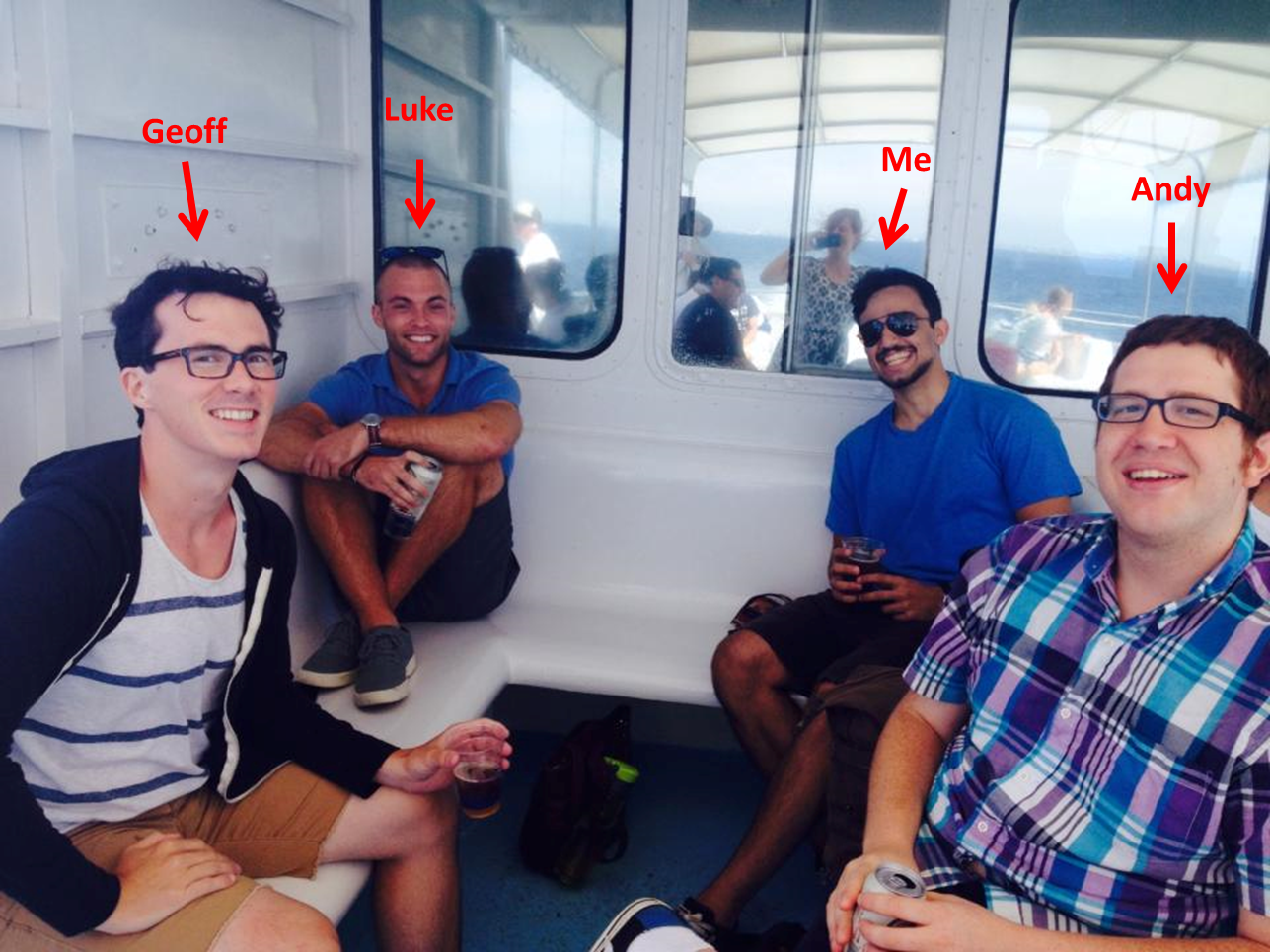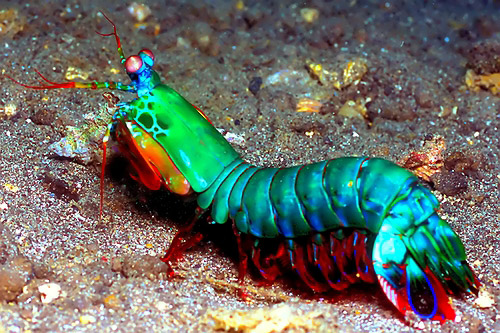What IS Brain Freeze?
There are few things more frustrating than knowing you know a word but being unable to prove it. — Jake Teeny (when he couldn’t find a quote applicable to today’s post).
Today in Columbus we had a Level 2 Snow Emergency.
I didn’t even know there were such things. And neither did Ohio State apparently (curse you, OSU!) who has only called 12 snow days in the last 40 years…

Which made me wonder, Can you die from a brain freeze?
Which then made me wonder, What is a brain freeze…?
FROZEN BRAIN
Although scientists aren’t certain about this, the prevailing theory behind brain freezes involves the sphenopalatine ganglion (try saying that 5 times…well, just try saying it).
The italicized words above refer to a bundle of nerves at the back of your pallet that respond to the temperature of things (usually food/drinks) that touch them. These nerves are also involved with headaches more broadly. So, when stimulated with rapid gulps of cold smoothie, those nerves constrict the blood vessels there, causing a headache.
Which is exactly what a brain freeze is: a rapid onset and rapid relief headache caused by a reduction in blood flow to your brain.
But wait, how does this relate to psychology?
Thanks for asking. Next, we turn to another kind of “brain freeze.”
FROZEN TONGUE

To quote the father of psychology on this experience:
“That state of consciousness is peculiar. There is a gap [of knowledge] therein; but no mere gap. It is a gap that is intensely active…beckoning us in a given direction, making us at moments tingle with the sense of our closeness and then letting us sink back without the longed-for term” (James, 1893)
For example, can you think of the word that fits this definition: “the time or date twice a year when day and night are the same length”? Or what about this one: “a sugary substance produced by plants and collected by bees to make honey”?
Indeed, both of these questions are meant to induce a tip-of-the-tongue (TOT) experience, where you feel confident you know the word without being able to pull the exact word to mind. Now, to conveniently summarize most of the research on this (most annoying) phenomenon, see below:
- TOT experiences appear to be a nearly universal experience, affecting elementary school children all the way onto older adults (who experience it the most)
- We experience TOTs, on average, about once a week
- Most TOTs are triggered by the names of personal acquaintances, famous persons, and/or popular objects
- About 40-70% of the time we can come up with words that are related to or sound like the target word, and about 50% of the time, we can report the first letter of the word (guessing at chance would suggest we’d get it right about 4% of the time)
- Finally (and good news for you) about 40-66% of all TOTs are resolved within a minute

Those in the “don’t know” group got about 50% of the numbers right, whereas the TOT group only got about 10%.
In general, researchers believe the TOT phenomenon is a result of a weak association between a word and its definition. When we read words we primarily pay attention to the first and last letters of the word, so trying to recall a weakly stored word only brings to mind some characteristics of it (that feeling of knowing), not the whole word itself (that feeling of not knowing).
Indeed, the majority of TOT experiences involve words that have not been frequently or recently activated, meaning the link between the sound of the word and the meaning of the word is relatively weak.
UNFREEZE ME THEN!
Although there is a relatively easy solution for food or drink induced brain freezes (take the underside of your tongue and press it against the roof of your mouth), there really isn’t great advice on how to relieve the other brain freezes (i.e., TOTs).
However, if you’ll take any advice you can, check the psychophilosophy tip below.
Si…Sin…Since…Ah, whatever,
jdt
Everyday Psychology: One trouble with TOT experiences is that a bunch of wrong (but related) words come to mind, distracting us. In which case, one technique that can help is to say aloud the wrong words—acknowledging that they’re wrong—so your brain stops trying to go back to them for the solution. If it’s the name of a person you can’t think of, try to bring to mind all the other facts you know about this person-you-still-can’t-name in case one of those cues helps trigger the person’s name. Finally, when all else fails, just tell yourself you’ll think of the word later and try to forget about it. The increasing stress of trying to recall an unrecallable word will only make it more difficult to think of it.
Brown, A. S. (1991). A review of the tip-of-the-tongue experience. Psychological bulletin, 109(2), 204.
Harley, T. A., & Bown, H. E. (1998). What causes a tip‐of‐the‐tongue state? Evidence for lexical neighbourhood effects in speech production. British Journal of Psychology, 89(1), 151-174.
Ryan, M. P., Petty, C. R., & Wenzlaff, R. M. (1982). Motivated remembering efforts during tip-of-the-tongue states. Acta Psychologica, 51(2), 137-147.








Since you didn’t share the answers: solstice, nectar.
Also, in the Phsychophilosophy to Ponder: *they’re
Hey Bruce, thanks for engaging with the post! Indeed, I did try to provide (while hiding) the answers to those questions in hyperlinks on the questions (i.e., if you click on the link, it takes you to the dictionary.com page with the respective word), but I should have explicitly explained what I was doing there. (Not that I needed to, though, as you nailed both questions.)
And good catch on that typo! The there/their/they’re conflation is right up with the your/you’re conflation in grammar mistakes that irritate me. Thanks for catching it!